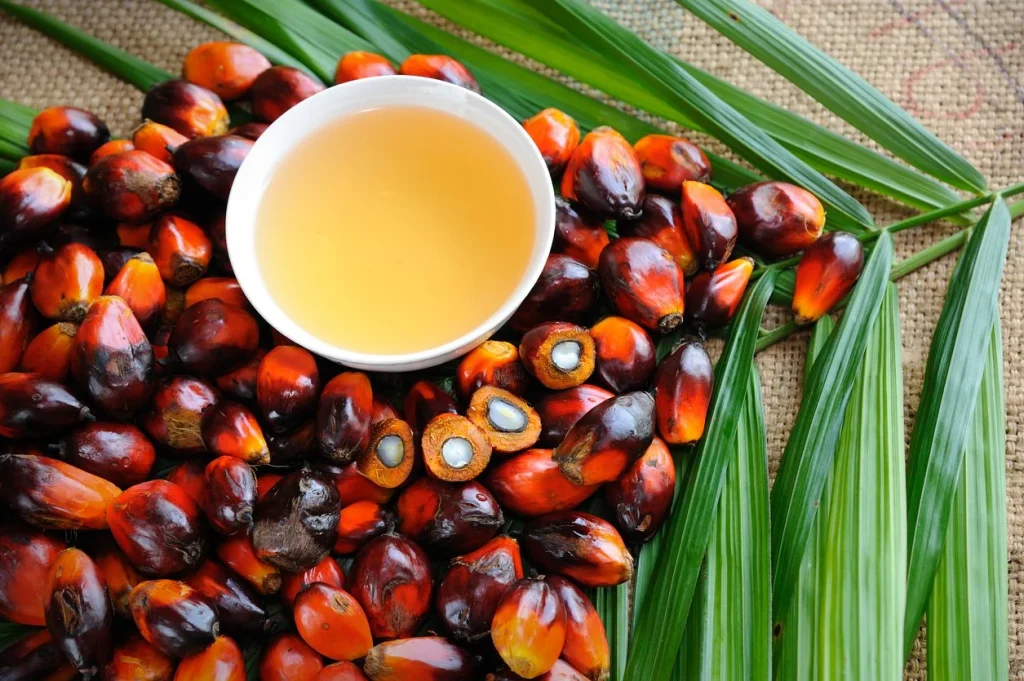
Indonesia is set to ban its export of palm oil and raw materials from tomorrow onward (April 28) - a move that is expected to drive the prices of many consumer products higher.
The country is the world's largest producer and exporter of palm oil. However, Indonesia decided to ban exports of the commodity to tackle the domestic shortage of cooking oil and also to ease skyrocketing prices.
Notably, Indonesia has clarified that the ban will be only on refined, bleached, deodorized (RBD) palm olein, however, will allow exports of crude palm oil (CPO) or other derivative products.

India relies on Indonesia to fulfill almost half of its palm oil requirement of about 700,000 tonnes per month.
The country imported 207,362 tonnes of palm oil from Indonesia in March this year - including 145,696 tonnes of RBD palmolein. Overall, India's palm oil imports stood at 539,793 tonnes in March.
Reuters data revealed that palm oil makes up for about 40% of the global supply of the four most widely used edible oils namely palm, soybean, rapeseed (canola), and sunflower oil. Furthermore, Indonesia holds 60% of the global supply of palm oil.
India is the biggest importer of palm oil in the world.
This would not be the first time Indonesia decided to ban exports for curbing local prices - a similar move was declined in January as well.